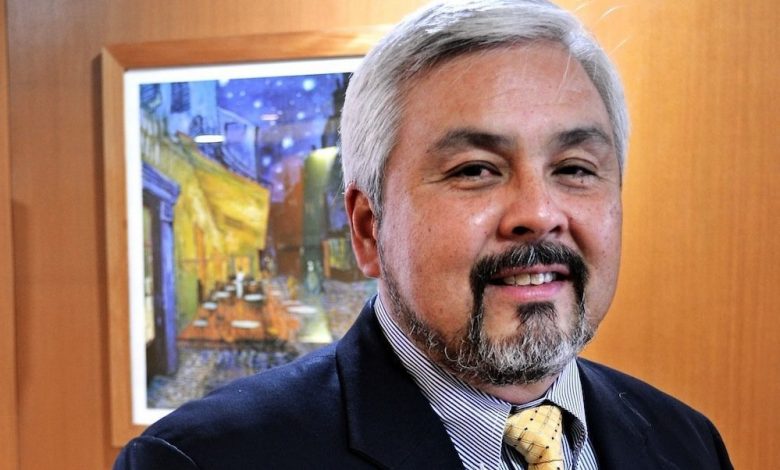Philippine Transmarine Carriers: Understanding crewing needs

Manila: Spending on training and developing higher levels of competency in one’s crew should be seen as an investment with pretty good long-term returns, says the president of InterManager, the association of leading international shipmanagers. Gerardo Borromeo, who is the ceo of Philippine Transmarine Carriers (PTC), says that a key tool that is helpful in guiding discussions between owners and shipmanagers, particularly during tough business environments, is the use of shipping KPIs. One such performance index that strikes at the heart of cost control is developing higher retention rates among crew.
“In the simplest of terms there is a direct correlation between higher retention rates and better overall operating results,” Borromeo says.
Today PTC has over 18,000 crew on board 730 vessels worldwide, while maintaining a total crew complement of close to 35,000 maritime professionals. This includes 11 vessels that are provided with full technical management.
Recently, PTC took a significant and major stake in Aboitiz Jebsen, a well-respected Philippine based diversified maritime group. AboJeb has over 6,500 crew on board 450 vessels trading globally and a total crew complement of over 9,500 maritime professionals. It also provides full technical management to 23 vessels.
Borromeo says the industry still does not fully appreciate the time lag between building ships and developing a decent crop of officers.
The key dynamic that never fails to catch us by surprise, because we tend to easily forget when boom periods prevail, is that ships can be built in a year or so, while it takes no less than 10 years to go from an entry level junior officer to eventually become a Master or Chief Engineer,” he says. If one adds to this the four-year program needed to obtain a bachelor’s degree in marine engineering or marine transportation, then it’s a 14-year horizon that an individual has to contend with. “And herein lies the root cause of why we are not able to easily balance the supply of quality officers and effectively read the markets; the big difference in time between asset development and people development is just too wide to be easily managed,” Borromeo says.
Another constant problem is the overall lack of sufficient berth spaces on board to provide qualified and promising cadets the opportunity to get their careers started.
“A healthy supply of qualified and competent cadets becomes the singular most important means to mitigate wage inflation long term,” Borromeo tells Maritime CEO. [21/05/14]
